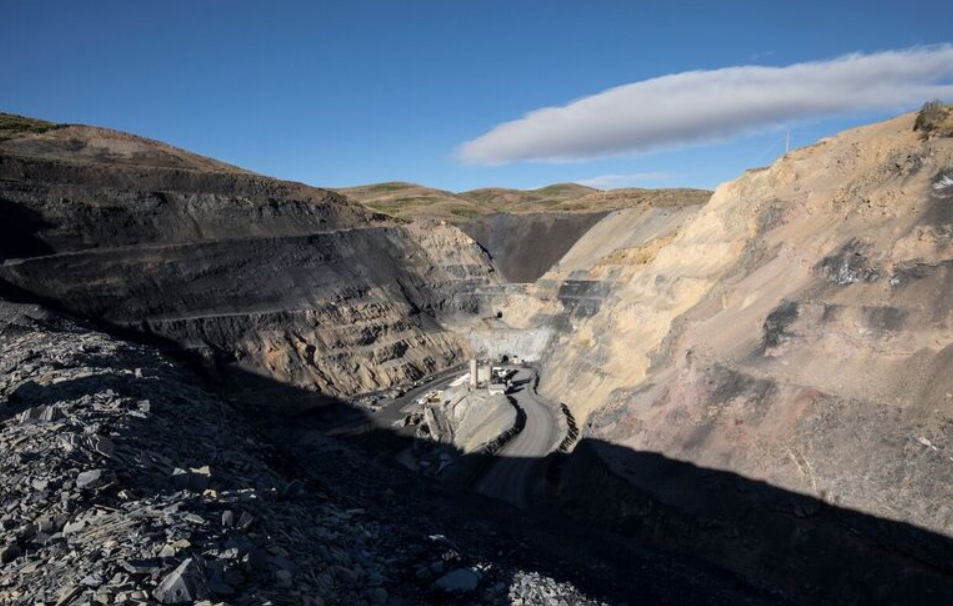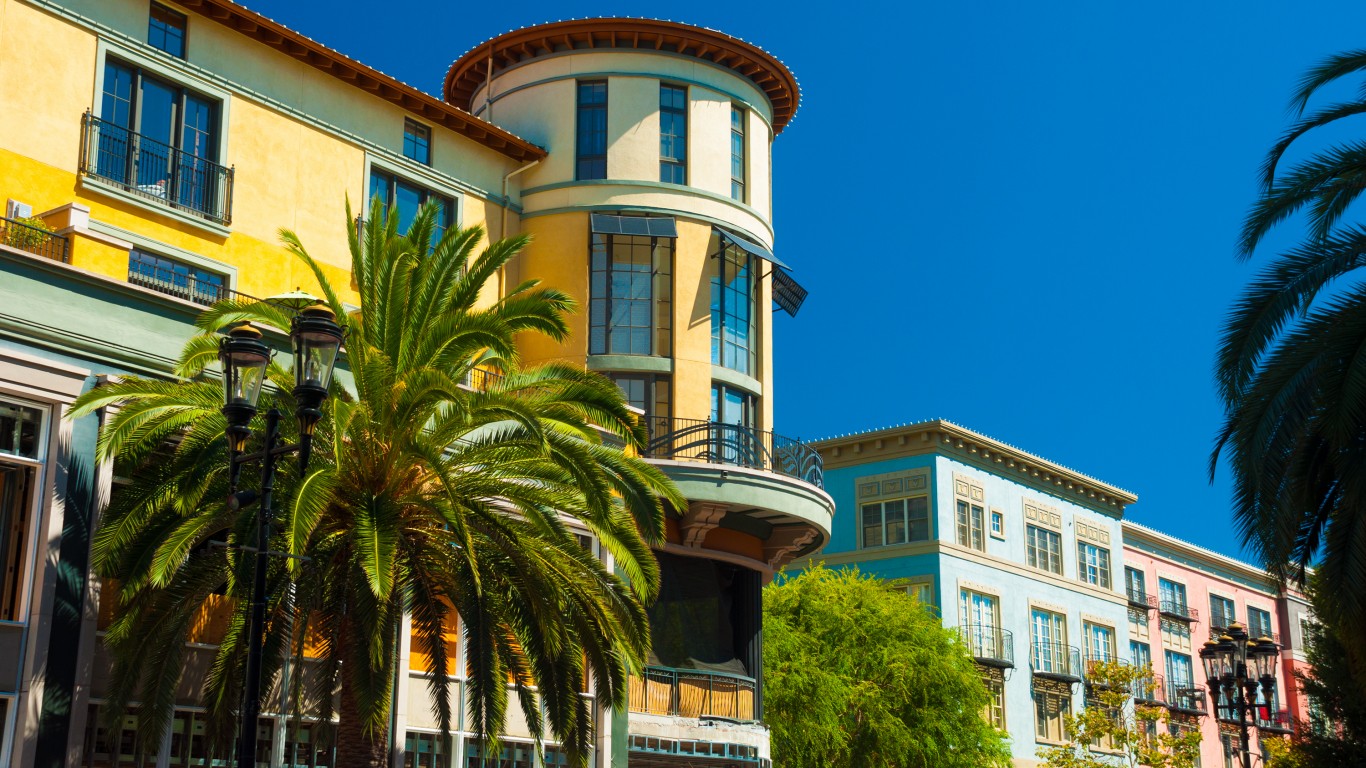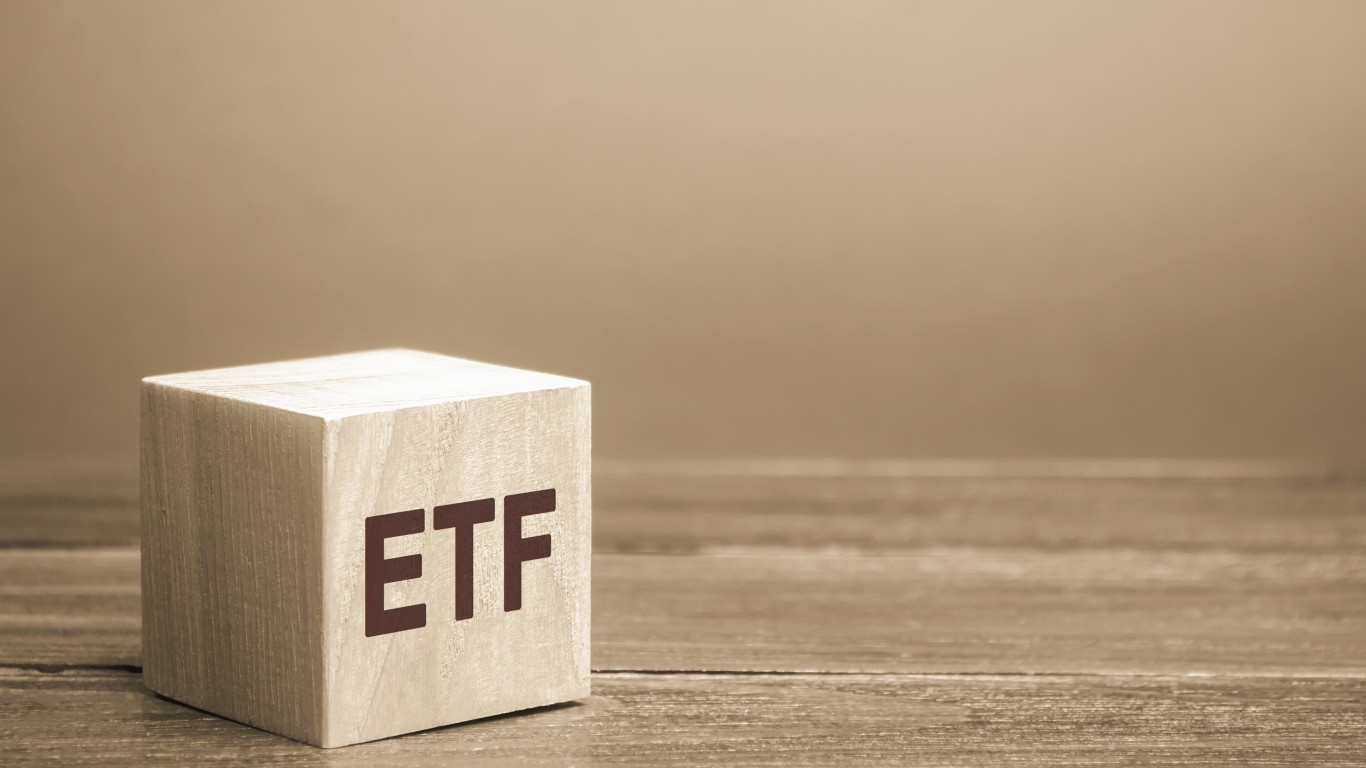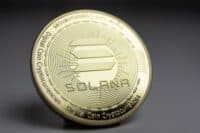
Tuesday’s announced $7 billion all-stock acquisition by South Africa-based Gold Fields of Canada’s Yamana Gold could signal a new round of mergers and acquisitions in the precious metals mining business.
Actually, the consolidation trend may have gotten its start in 2019 with Newmont’s $10 billion all-stock acquisition of Goldcorp, creating in the process the world’s largest gold miner. A few months later, Barrick proposed a hostile buyout of Newmont that was rejected. Instead, Newmont offered to form a new company with Barrick that combined the two miners’ Nevada assets. That eventually failed too.
Yet, there is no getting around the fact that bigger is definitely the path to survival for gold and silver miners. Last year, Agnico Eagle swallowed Kirkland Lake Gold in a $10.6 billion all-stock deal and two smaller miners, Australia-based Newcrest acquired Canadian miner Pretium in a cash and stock transaction valued at $2.8 billion, and Canada-based Kinross acquired another Canadian miner, Great Bear Resources, for about $1.4 billion in cash and stock in a deal that closed earlier this year.
Gold miners’ reserves are slipping, and asset scarcity is generating market pressure for larger miners to grow by acquiring smaller ones. According to a January report from S&P Global Market Intelligence analyst Robert Anders, “Sixteen of the world’s 20 largest gold miners … saw their overall remaining years of production fall over the 2010-19 period.” Declining discovery rates and insufficient investment in exploration are driving the slippage.
In March of last year, Sibanye Stillwater CEO Neal Froneman told S&P Global, “You will not be relevant if you are less than something like $20 billion [in market capitalization]. You’re not going to appeal to [mutual, ETF, hedge] funds. You’re not going to feature in the indices.” Froneman was commenting on a possible combination of South Africa’s leading gold miners (AngloGold Ashanti, Gold Fields and Sibanye Stillwater) that would have been the world’s largest had the deal occurred. That did not work out either, at least so far.
While a huge deal like that might appeal to investors, regulators might not be amused. That is why Tuesday’s deal between Gold Fields and Yamana may be the first of several over the next year or so. Yamana was the second-most heavily weighted component of the Market Vector (MVIS) Global Junior Gold Miners Index, the basis for the VanEck Junior Gold Miners ETF (NYSEAMERICAN: GDXJ). A junior gold miner is one that invests primarily in gold or silver, generates at least 50% of its revenue from gold or silver mining, or owns properties that have the potential to generate at least 50% of its revenue from gold or silver mining when developed. The index has 97 components.
Here we have a look at the 10 most heavily weighted stocks in the MVIS global junior miners index (excluding Yamana, of course) with an eye to their assets, annual product and costs. These 10 stocks account for more than 40% of the index.
Merdeka Copper Gold
Merdeka Copper Gold is based in Jakarta and trades on the Indonesia Stock Exchange. As of December 2021, the company estimated its resources at 34.8 million ounces of gold, 76 million ounces of silver and 8.5 million metric tons (tonnes) of copper. Gold resources grew by 5.5% during the year, while silver resources declined by 12.6%.
The company’s all-in sustaining costs (AISC) of gold production were $934 per ounce in 2021, and Merdeka expects costs to fall to $825 per ounce this year. The company-realized price for gold in the March quarter of this year was $1,871. Merdeka’s market cap is approximately $8.5 billion. The company’s weighting in the MVIS Junior Gold Miners Index is 6.04%.
Pan American Silver
Canada-based Pan American Silver Corp. (NASDAQ: PAAS) reported 529.3 million ounces of proved and probable silver reserves and 4.21 million ounces of gold reserves in June of last year. The company’s largest mines are located in Central and South America. The company’s sole Canadian mine holds about 1 million ounces of gold and generated 20% of Pan American’s revenue in 2020. Peru (42%) and Mexico (28%) are the company’s largest silver producers.
In the March quarter, the company’s AISC in its silver segment was $13.41 per ounce (down from $16.99 in the year-ago quarter). Pan American’s realized price for silver was $24.03 per ounces (down from $26.41). The company’s AISC for gold rose from $1,058 per ounce in 2021 to $1,502 in the first quarter, and its realized price for gold rose from $1,788 per ounce to $1,880 per ounce. The company’s market cap is $4.65 billion. The company’s weighting in the MVIS Junior Gold Miners Index is 5.91%.
Evolution Mining
Australia-based Evolution Mining trades over the counter in the United States under the ticker symbol CAHPF. In 2020, the company paid Newmont $375 million for the larger company’s Red Lake mining complex in Canada, so Evolution may be trying to maintain its independence, but its current market cap of around $5.1 billion could be low enough to interest a bigger player.
The company’s gold reserves increased by 449,000 ounces (5%) in 2021 to around 10.3 million ounces. Evolution’s AISC for the March quarter was $717 per ounce, and the company sold its gold for $1,771 per ounce. The company’s weighting in the MVIS Junior Gold Miners Index is 5.07%.
SSR Mining
Denver-based SSR Mining Inc. (NASDAQ: SSRM) paid $21 million to acquire the 20% it did not own of a joint venture with Taiga Gold in a Canadian gold mine. The company’s gold-equivalent reserves totaled 10 million ounces at the end of 2021, an increase of 1 million ounces during the year. SSR’s gold reserves account for 9.2 million ounces of the total.
Its average realized price per gold-equivalent ounce in 2021 was $1,802, down from $1,812 in 2020, and the AISC per gold-equivalent ounce fell from $1,193 per ounce to $955. Gold-equivalent production rose from 484,153 ounces in 2020 to 794,456 ounces last year. SSR’s market cap is $4.23 billion. The company’s weighting in the MVIS Junior Gold Miners Index is 4.04%.
Endeavour Mining
London-based Endeavour Mining trades over the counter in the United States under the ticker symbol EDVMF. At the end of last year, the company reported proven and probable gold reserves of 17.75 million ounces. Endeavour’s mining operations are located in West Africa.
Gold production rose 69% year over year in 2021 to 1.54 million ounces. The company’s AISC for the year was $885 per ounce, up 1% year over year, and its realized price also rose 1% to $1,773 per ounce. Endeavour’s market cap is $5.78 billion. The company’s weighting in the MVIS Junior Gold Miners Index is 3.75%.
B2Gold
British Columbia-based B2Gold Corp. (NYSEAMERICAN: BTG) operates three gold mines in Mali, the Philippines and Namibia, and it is evaluating and exploring other assets it owns in Mali, Uzbekistan and Finland. Last week the company acquired more than 1,400 square kilometers of Malian properties from Australia’s Oklo Resources for about $65.6 million.
The company produced 1.05 million ounces of gold last year at an AISC of $888 per ounce and sold more than 981,000 ounces for an average realized price of $1,796 per ounce. At its three operating mines, B2Gold reported 6.21 million ounces of probable reserves. The mining company’s market cap is $4.27 billion. The company’s weighting in the MVIS Junior Gold Miners Index is 3.69%.
Alamos Gold
Toronto-based Alamos Gold Inc. (NYSE: AGI) reported proven and probable gold reserves at the end of last year of 10.26 million ounces, a year-over-year increase of 4%. The company has mining operations in Canada, Mexico, the United States and Turkey.
For 2021, the company’s AISC was $1,135 per ounce. Alamos sold 457,517 ounces of gold last year at an average realized price of $1,800 per ounce, and it posted record revenues of $823.6 million for the year. The company expects to lower its AISC to a range of $950 to $1,050 per ounce in 2024. Its market cap is $3.03 billion. The company’s weighting in the MVIS Junior Gold Miners Index is 2.91%.
Hecla Mining
Idaho-based Hecla Mining Co. (NYSE: HL) is the largest silver producer in the United States. At the end of 2021, Hecla reported proven and probable silver reserves of 200 million ounces, the second-highest total in the company’s 130-year history. Proven and probable gold reserves increased by 14% to 2.7 million ounces.
For all of 2021, Hecla’s AISC was $9.19 per ounce of silver and $1,374 per ounce of gold. The company’s realized price for silver was $25.24 per ounce. For gold, Hecla’s realized price was $1,796 per ounce. The company produced 12.9 million ounces of silver last year at a margin of $16.05 per ounce. The margin on gold production of 201,000 ounces was $422 per ounce. Hecla’s market cap is $2.54 billion. The company’s weighting in the MVIS Junior Gold Miners Index is 2.14%.
First Majestic Silver
Canada-based First Majestic Silver Corp. (NYSE: AG) paid $470 million last year to acquire an Elko County, Nevada, silver mine. The acquisition added 440,000 proven and probable gold reserves to the company’s end-of-year total of 63 million ounces of silver and 1.32 million ounces of gold.
In 2021, First Majestic’s AISC per silver-equivalent ounce was $18.85, and its average realized price per ounce was $25.16. Costs rose 34% year over year and realized prices rose 19%. The company produced 26.9 million silver-equivalent ounces, up 32% year over year. Revenue for the year reached a record total of $584.1 million, primarily due to the Nevada mine acquisition. First Majestic’s market cap is $2.16 billion. The company’s weighting in the MVIS Junior Gold Miners Index is 2.13%.
Compañía de Minas Buenaventura
Peru-based Compañía de Minas Buenaventura SAA (NYSE: BVN) produced 350,995 ounces of gold and more than 12 million ounces of silver in 2021. Earlier this year, Buenaventura sold a 43.65% stake in Peru’s Yanacocha mine to its majority partner (Newmont) for $300 million.
The company’s AISC for 2021 was $1,580 per gold-equivalent ounce, up from $1,483 in 2020. Buenaventura’s average realized gold price was $1775 per ounce, down 4% year over year, and the average realized price for silver was $25.09, up 13%. The company’s market cap is $2.22 billion. The company’s weighting in the MVIS Junior Gold Miners Index is 1.97%.
Thank you for reading! Have some feedback for us?
Contact the 24/7 Wall St. editorial team.
 24/7 Wall St.
24/7 Wall St. 24/7 Wall St.
24/7 Wall St.


